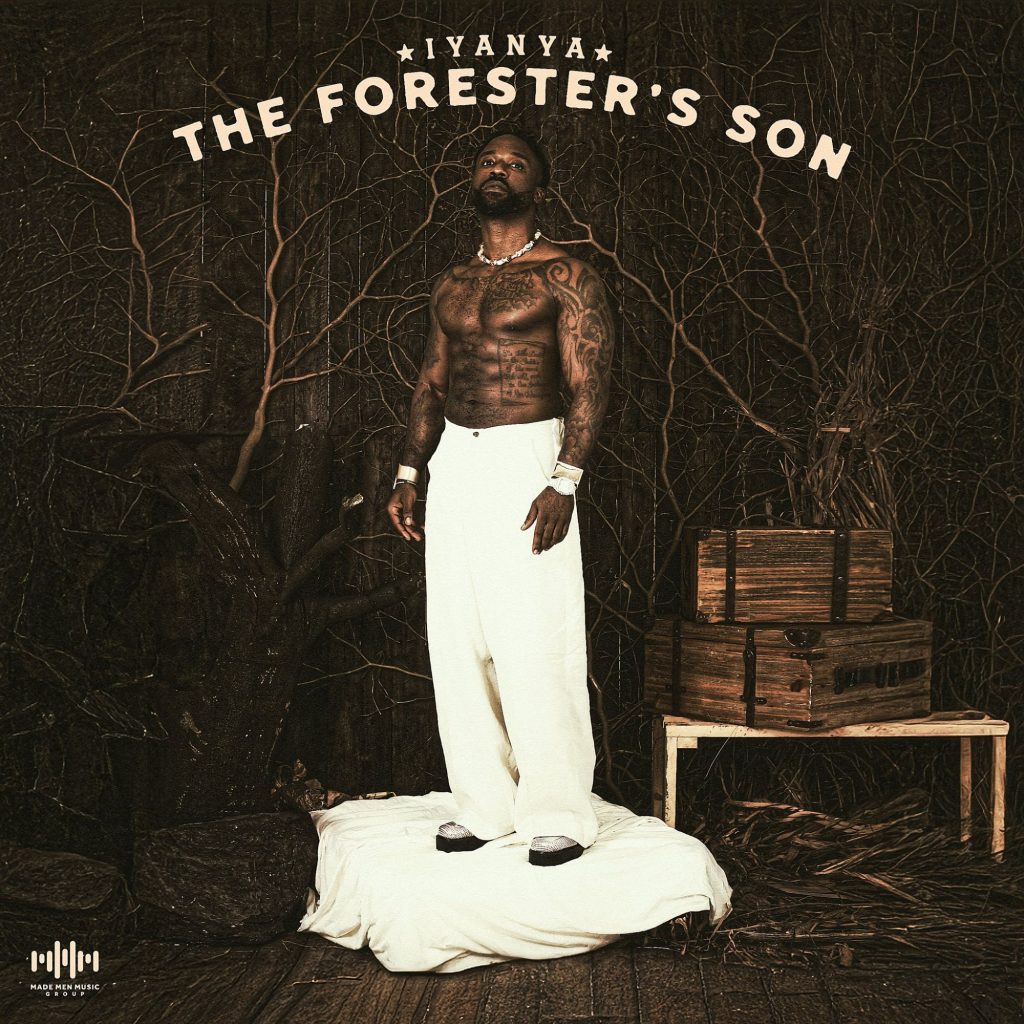The moment the beat drops on Ashidapo’s “Gobe,” you can instantly hear the bubblegum drums that defined one of Afropop’s mid-2010s classics: Wande Coal’s “Baby Hello.” But this isn’t a copy.

Ashidapo, part of the vibrant Lagos underground scene, tweaks the formula by raising the tempo and roughening the vocals to shift the song’s texture from Pop-R&B toward Street-pop.
Lyrically, “Gobe” transforms the flirtatious tone of Wande Coal’s original into something more playful and streetwise, turning nostalgia into energy. In his hands, Wande Coal’s golden era becomes the foundation for a new creation.
To sample is to speak through the voices of those who came before, to borrow melodies, sounds, or phrases that carry history and breathe new life into them. In today’s Afropop, as with global music, sampling has evolved beyond a stylistic choice; it’s a dialogue between generations, a bridge linking memory and reinvention.
Music is memory. Melodies and rhythms travel through time like language, preserving the past even as they evolve. Technology, creativity, and innovation have made this act of remembrance, sampling, more dynamic than ever.
For decades, Nigerian artists drew inspiration from foreign genres like Hip-Hop, R&B, Pop, Disco, Reggae, and Dancehall, the ingredients that helped shape Afropop. Now, a new wave is turning inward, sampling homegrown sounds.
They’re reworking Highlife, Fuji, early Afropop, and 2000s Pop and R&B hits, the very songs that shaped their youth, into something fresh.
Sampling’s resurgence is emotional. Songs like Styl-Plus’ “Olufunmi,” Asa’s “Eye Adaba,” or Jazzman Olofin’s “Raise Da Roof” evoke memories of teenage crushes, singalongs, and house parties. When those melodies reappear in modern Afropop, they ignite instant nostalgia.

Beyond sentiment, sampling ensures cultural continuity. It allows new artists to place themselves within a lineage, a quiet acknowledgment that today’s sound didn’t appear from nowhere. It’s a way of saying, we grew up on this, we’re part of this story.
This inward turn, sampling Nigerian classics, is no coincidence. It’s the product of cultural pride, generational identity, and technological evolution. As Afrobeats reached global prominence, it risked sounding too uniform. By sampling traditional Nigerian sounds like Apala, Fuji, and Highlife, artists root their music in local heritage, ensuring that as Afrobeats goes global, it stays grounded in its origins.
Generational confidence also plays a role.
The current wave of Gen Z and late-millennial artists grew up on Wande Coal, 9ice, P-Square, and Sound Sultan. They’re now in control, commercially and creatively, and are defining their sound through their direct musical lineage.
Technology, too, fuels this trend. Platforms like TikTok have revived forgotten catalogues, allowing old songs to go viral again. This “algorithmic rediscovery” proves the emotional and commercial power of nostalgia, making older melodies valuable raw material for new hits.
The improved industry structure has helped as well. Clearing publishing rights for local songs, while still complex, is easier now, encouraging collaboration across generations and creating new
revenue streams for veteran artists.
Streaming services, YouTube, and TikTok have reopened Nigeria’s musical archives. Songs once buried in Alaba market CDs are now just a search away, waiting for young producers to rediscover and reshape them.
Yet, beneath the celebration lies tension. The Nigerian music industry still struggles with the legal and ethical side of sampling. Many samples remain uncleared, raising questions about fairness and respect for original creators.
Creatively, there’s also the risk of over-reliance. As artists like Darkoo sample P-Square and 9ice, some worry the trend could edge into repetition, potentially dulling originality. When does homage become imitation? When does nostalgia overshadow innovation?
Generational friction adds another layer. Do the original artists feel honored or exploited when their work is reused without consent or compensation? Cases like Shallipopi’s “Elon Musk” and “ObaPluto,” which sampled without clearance, highlight these unresolved issues.
Still, there are positive examples. Asake’s “Active” respectfully samples Jazzman Olofin’s “Raise Da Roof,” revamping it with faster drums and deeper bass for a modern audience. Olamide’s “Anifowose” transforms Wasiu Ayinde Marshal’s Fuji classic into an emotional rap story, while Ruger’s “Asiwaju” draws from Sound Sultan’s “Mathematics” to deliver a confident, danceable anthem. Adekunle Gold’s “Rodo” reimagines Musiliu Ishola’s Apala hit “Opon Apala Ti Sun,” fusing tradition with pop polish.
In Ashidapo’s “Gobe,” Wande Coal’s “Baby Hello” is reborn, a reminder of how deeply his influence runs through modern Afropop. The result isn’t mimicry but tribute, showcasing how far the genre has evolved.
Sampling is memory reinterpreted through modern feeling. Each well-crafted sample proves that Nigerian music doesn’t abandon its past, it reimagines it, dances with it, and carries it forward. With “Gobe,” Ashidapo adds his voice to that ongoing conversation.

In Nigerian music, sampling isn’t just nostalgia, it’s how the sound remembers itself and keeps becoming something new.





